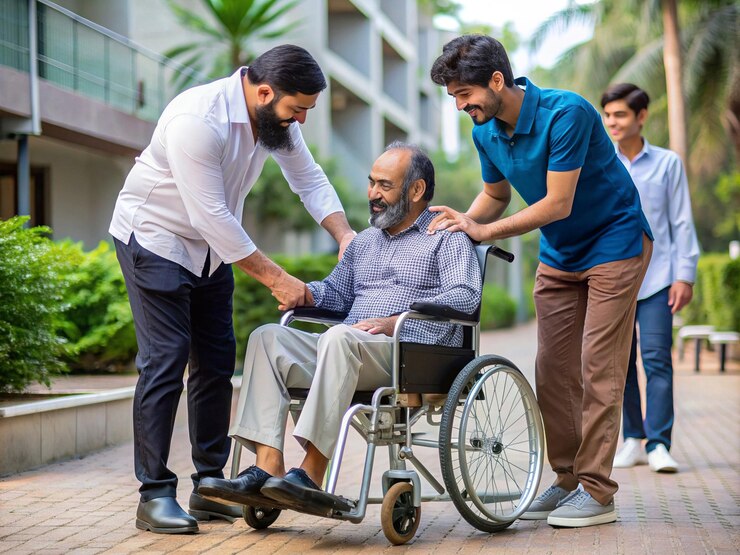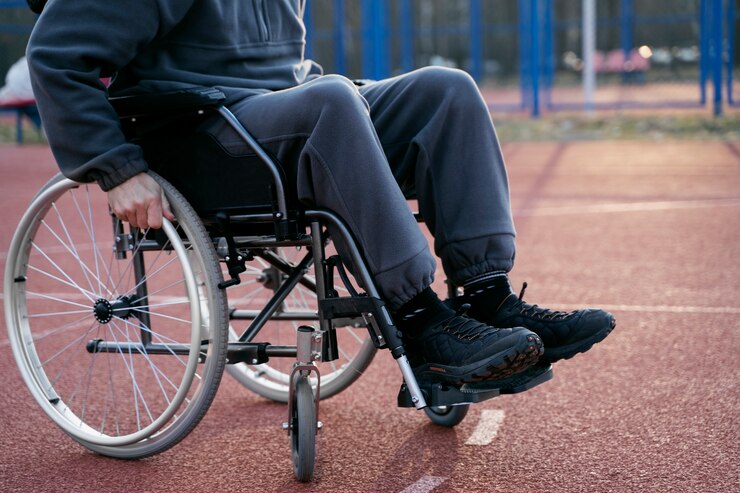PARALYSIS TREATMENT
Paralysis treatment aims to restore as much function and mobility as possible and improve the quality of life for individuals affected by this condition. Paralysis can result from various causes, including stroke, spinal cord injury, traumatic brain injury, and neurological diseases such as multiple sclerosis and amyotrophic lateral sclerosis (ALS).The specific treatment plan for paralysis varies based on the type, location, severity of the paralysis, and underlying cause. It is crucial to have a wider approach that includes doctors, therapists and other healthcare professionals in order to provide comprehensive care that meets the individual’s needs.

SYMPTOMS

APPROACHES
Typically, a combination of medicines, physical therapy and assistive technology are involved in treating paralysis:

These may include medications to manage symptoms and complications associated with paralysis. For instance, muscle relaxants can help reduce spasticity, while painkillers deal with chronic pain. Treating the root cause is essential, as paralysis is a symptom rather than an isolated incident.
Physical therapy is a cornerstone of paralysis treatment. Therapists use exercises and techniques to improve muscle strength, coordination, and flexibility. Rehabilitation often includes occupational therapy to help individuals regain skills needed for daily activities and speech therapy if speech or swallowing are affected.
Various devices can aid in mobility and independence. Wheelchair and walker braces provide physical support, whereas advanced technologies such as exoskeletons functional electrical stimulation(FES) help enhance movement and muscle function.
In some situations, surgery might be necessary, such as correcting contractures or implanting devices that enhance functionality. For example, tendon transfer surgery may be effective in restoring hand function in patients with spinal cord injuries.
Coping with paralysis can be emotionally challenging, and psychological support is an important part of treatment. Counselling support groups and mental health services enable people to adapt to changes without adversely affecting their mental wellness.
Research on regenerative medicine like stem cell therapy and nerve regeneration techniques gives hope for future treatments that would actually restore lost functions.
